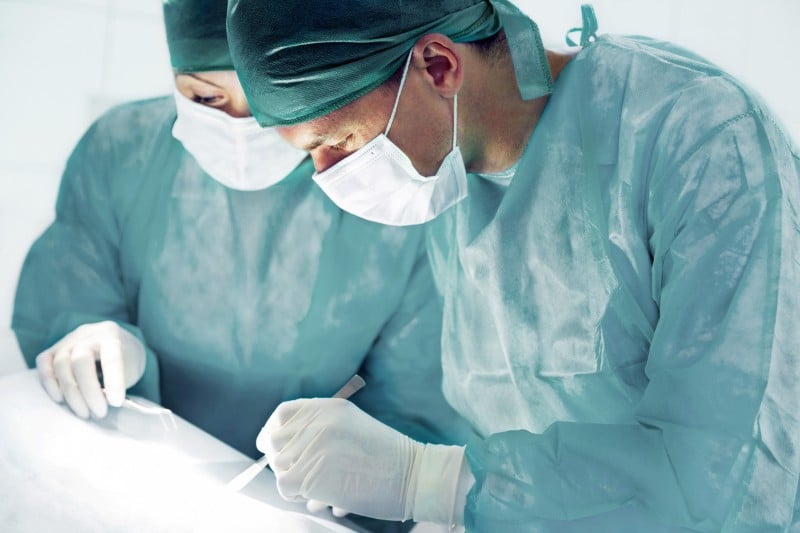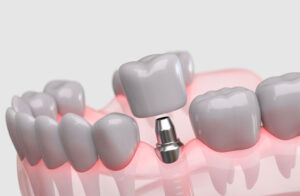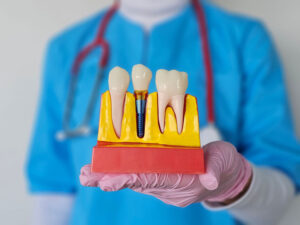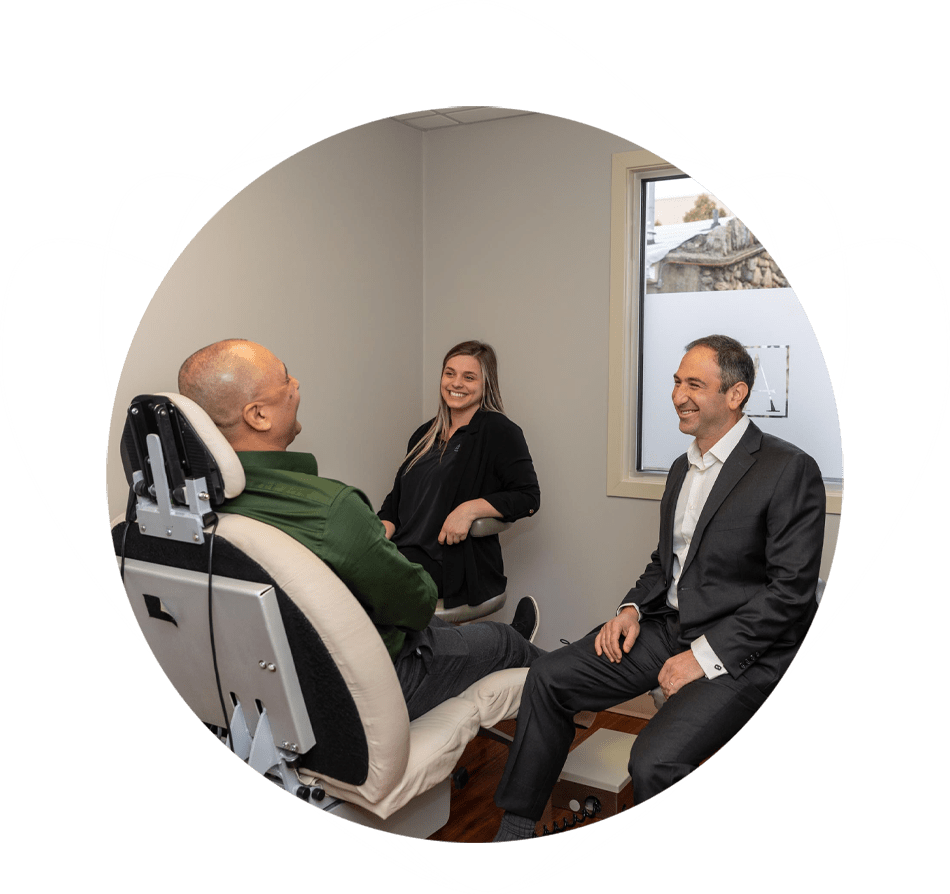Harvard researchers recently published a review looking at the severity of surgical risks related to sleep apnea, and attempting to determine how doctors can minimize those risks for patients. This isn’t a new study of the condition, but is a good summary of what we know about the influence of sleep apnea on surgical risks.
Why Sleep Apnea Puts People at Risk
Why does sleep apnea put you at risk for more serious surgical complications? The most serious surgical risks are generally respiratory or cardiovascular, two systems that are adversely affected by sleep apnea.
If your airway has a tendency to collapse anyway, it is even more likely to do it when you’re under the lingering effects of sedation or pain relieving medication.
Blood clots are another serious surgical risk, but the risk of blood clots and the related embolisms are much higher in people with sleep apnea, and the risk also increases during or after surgery. In addition, your heart may be badly stressed, and when you experience an apnea, it stresses your heart even further.
How Serious Are the Risks?
Under the provocative title, “Perioperative Sleep Apnea: A Real Problem or Did We Invent a New Disease?” researchers look in detail at research about the severity of risks related to sleep apnea.
The doctors don’t end up saying that the disease is somehow invented, but it does say that we just don’t know how serious the risks associated with sleep apnea are. They note that studies are not consistent when it comes to the level of risk, with some studies showing a protective effect of sleep apnea (???) while others show that it can significantly increase your risk of complications. They also note that sleep apnea is such a complicated condition that studies can’t really be designed to isolate the impact of the condition on the surgical environment.
But, they say we cannot ignore the potential impact of sleep apnea on health, even if we might not know exactly what that impact will be.
A Sensible Approach to Management
One of the reasons why sleep apnea can be so dangerous for surgical patients is that up to 80% of surgical patients have undiagnosed sleep apnea. Not knowing whether the patient has sleep apnea means that doctors can’t know how to prevent potential complications.
To help with screening, the doctors recommend using not only the standard STOP BANG screening quiz, but also the SPOSA (Score for Preoperative prediction of Obstructive Sleep Apnea) analysis, which helps pick out risk factors from a patient’s record.
Sleep apnea treatment should be continued during the perioperative period to help ensure people aren’t putting themselves at unnecessary risk. In addition, patients with significant risk of sleep apnea (e.g. those with heavy snoring), but who are undiagnosed, should be referred for consultation and testing when possible.
Another problem with sleep apnea that the Harvard docs don’t mention is that the main treatment for sleep apnea, CPAP, can be very hard to stick to, which can mean many people diagnosed with sleep apnea remain untreated.
For many people, oral appliance therapy is a great alternative to CPAP. To learn whether oral appliances can help you, please call (914) 526-2144 today for an appointment with a Westchester County sleep dentist at Advanced Dentistry of Mohegan Lake.
